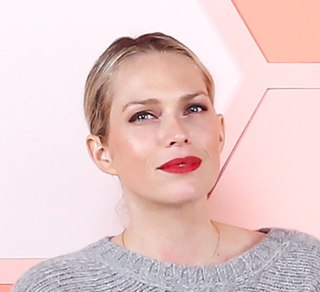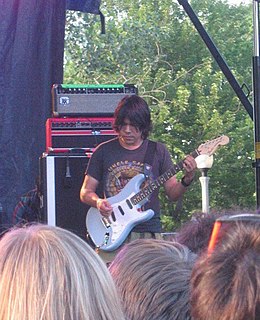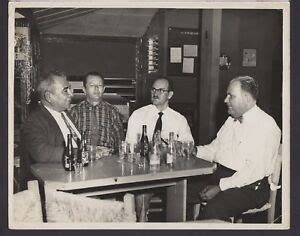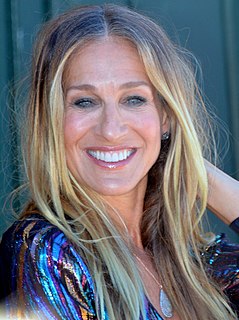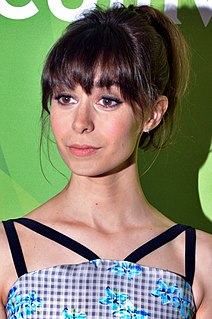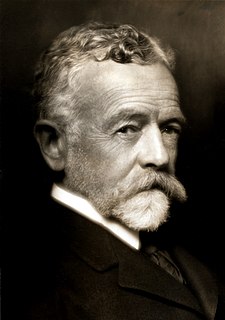A Quote by Sufjan Stevens
My siblings and I were raised like tenants, to be honest. There was a total absence of intimacy in my family, though there was still a great deal of camaraderie among the kids. Things were set up almost like a business, and it had to be managed that way because we were really poor, and there were a lot of mouths to feed.
Related Quotes
I didn't like what was on TV in terms of sitcoms?it had nothing to do with the color of them?I just didn't like any of them. I saw little kids, let's say 6 or 7 years old, white kids, black kids. And the way they were addressing the father or the mother, the writers had turned things around, so the little children were smarter than the parent or the caregiver. They were just not funny to me. I felt that it was manipulative and the audience was looking at something that had no responsibility to the family.
My family was in two businesses - they were in the textile business, and they were in the candy business. The conversations around the dinner table were all about the factory floor and how many machines were running and what was happening in the business. I grew up very engaged in manufacturing and as part of a family business.
We thought that the odds of things working OK were up in the upper 90 percent or we wouldn't have gone. But the - there were some problems cropped up on the flight but was able to take care of those OK and - although they were things that we hadn't really trained that much for. But it was the time of the Cold War and so there were was a lot of pressure on the - to get going and the Russians were claiming that they were - Soviets were claiming they were ahead of us in technology.
I was the fifth child in a family of six, five boys and one girl. Bless that poor girl. We were very poor; it was the 30s. We survived off of the food and the little work that my father could get working on the roads or whatever the WPA provided. We were always in line to get food. The survival of our family really depended on the survival of the other black families in that community. We had that village aspect about us, that African sense about us. We always shared what we had with each other. We were able to make it because there was really a total family, a village.
The arts were a big part of my childhood. We went to the theatre and opera a lot as a family. We were not at all wealthy, but it was at a time when the arts were publicly funded and there were free tickets available. For someone like myself who wasn't that academically inclined, it was a great escape.
When I was a kid, a lot of my parents' friends were in the music business. In the late '60s and early '70s - all the way through the '70s, actually - a lot of the bands that were around had kids at a very young age. So they were all working on that concept way early on. And I figured if they can do it, I could do it, too.
We had similar interests with Derek Rowan and Paul Hewson; it sounds really pretentious at 12, 13 year old kids were like into art and poetry, but we were. We weren't into football, we were into making music or being into music and painting and stuff like that. And we called this sort of little gang Lypton Village and we made up imaginary games and this is one day we'll form bands and one day we'll make movies and one day we'll do this and one day we'll do that. A lot of kids do this in their own way, except 25, 30 years later legend happens because some of us have become quite well known.
I went through a really good-looking phase from birth to 9. And then things went crazy. I don't know what happened, but between 9 and 14 it was really, really rough. I didn't have a lot of friends. The only ones who were nice to me were the theater kids. And they were like, 'You can come and join us. No one likes us.
I went through a really good-looking phase from birth to 9. And then things went crazy. I don't know what happened, but between 9 and 14 it was really, really rough. I didn't have a lot of friends. The only ones who were nice to me were the theater kids. And they were like, 'You can come and join us. No one likes us.'


